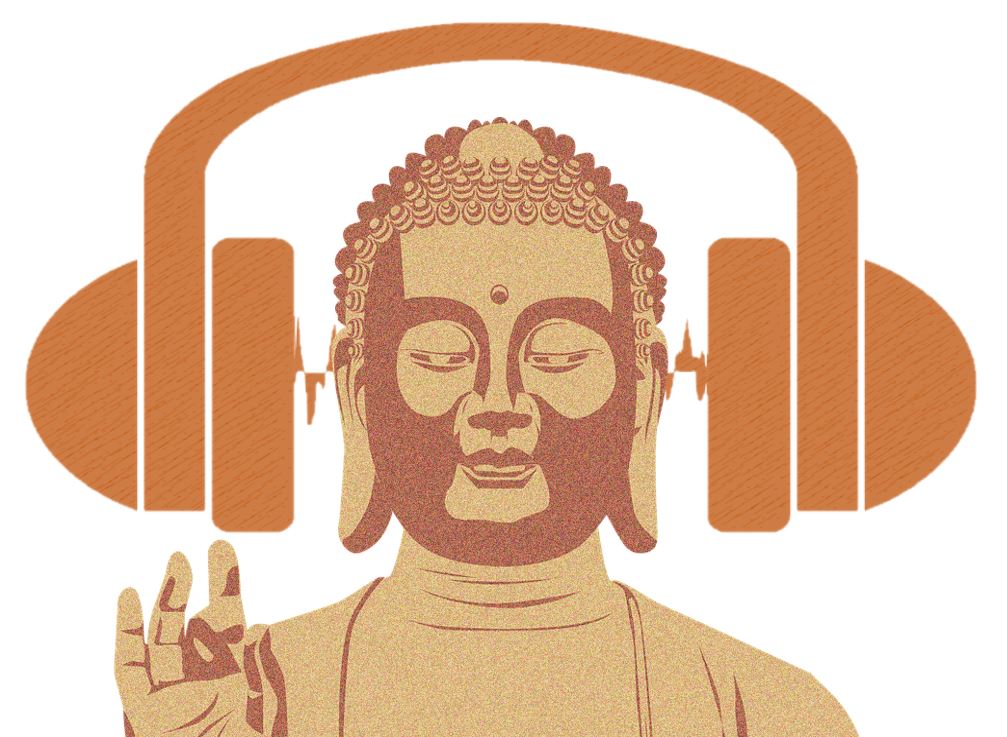Would you recognize an enlightened person? This is a question that was asked frequently by people in the Buddha’s time as well as in today’s world. You might have been inspired by a teacher or a Dharma acquaintance, and wondered if that person might be “awake”. But how would you know? What are the criteria? Are the criteria the Buddha spoke about relevant today? What about those who claim to have transcendent knowledge?
Conversely, If we are not inspired by a particular Dharma acquaintance or a teacher, does that mean we ignore what they have to say because we don’t see them on the road to enlightenment?
In tonight’s talk we’ll investigate what the Buddha had to say regarding “encountering an awakened being”, beginning with a conversation he had with King Pasenadi. King Pasenadi was also puzzled on who was on the road to enlightenment and who wasn’t and how could he tell?

